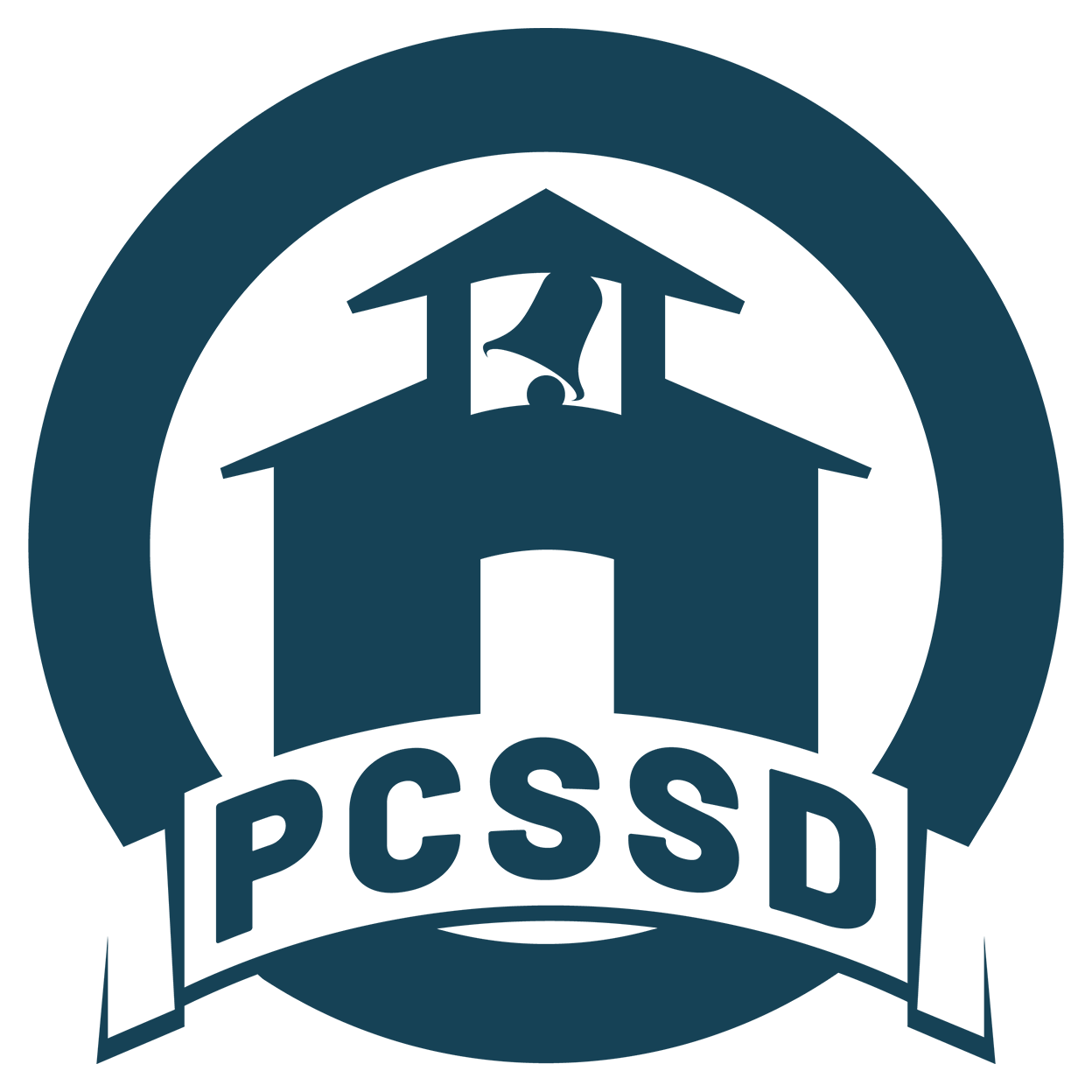Response to Intervention
Response to Intervention (RTI) is a multi-component, general education model which is designed to identify students who may be at risk for learning or behavioral challenges.
RTI is designed to accomplish three important goals:
Ensure all students receive research-based instruction;
Provide progress monitoring tools that will be utilized in making data-based decisions in terms of interventions and modifications; and
Provide a more practical method of identifying students with special learning needs.
As educators, we endeavor to ensure that these goals are met daily through the collaboration of all stakeholders.
Pulaski County Special School District is committed to creating a tiered process for all students with academic and behavioral needs. The idea of RTI is to catch learners when they begin to struggle. This process, based on scientific research, will be a safety net for all at-risk learners; thereby assuring that all students achieve their maximum potential through collaborative, supportive and continuous efforts of all stakeholders.
For additional information about RTI, or for answers to any questions you might have about the process, please contact the building Response to Intervention Coordinator for your child’s school.
Early Literacy Plans (K-3)
Each year a public school district and an open-enrollment public charter school shall:
Develop an individual reading plan for each student in kindergarten through grade three (K-3) who does not meet the reading standard 25 as:
Determined by the state board; and
Measured by a high-quality literacy screener or the state annual accountability assessment.
Provide written notification at least two times throughout the school year to all parents of students with a math intervention plan of the student’s progress on his or her math intervention plan.
These plans will be formulated into the state ATLAS assessment system, where parents will have access throughout the year to monitor student progress. PCSSD will utilize a myriad of research-based, results-driven interventions for students based on individual needs and assessment data.
The intensive, evidence-based literacy intervention program aligned to the science of reading the student's teacher will use to address the areas of phonemic awareness, phonics, fluency, vocabulary, and comprehension;
By the beginning of the 2025-2026 school year, if a public school student has not met the third-grade reading standard, as defined by the state board, or the student does not have a good-cause exemption, as provided under the subsection of the LEARNS Act, the student shall not be promoted to fourth grade.
Math Intervention Plans (3-8)
Each year a public school district and an open-enrollment public charter school shall:
Develop a math intervention plan within the statewide student intervention system by the first quarter for each student in grades three through eight (3-8) who is not performing at or above grade level on the state assessment, as defined by the State Board of Education; and
Provide written notification at least two times throughout the school year to all parents of students with a math intervention plan of the student’s progress on his or her math intervention plan.
These plans will be formulated into the state ATLAS assessment system, where parents will have access throughout the year to monitor student progress. PCSSD will utilize a myriad of research-based, results-driven interventions for students based on individual needs and assessment data.
Contacts
Dr. Justin Luttrell
501.234.2062
jluttrell3264@pcssd.org
Dr. Suzette Bloodman
501.234.2094
sbloodman0038@pcssd.org
